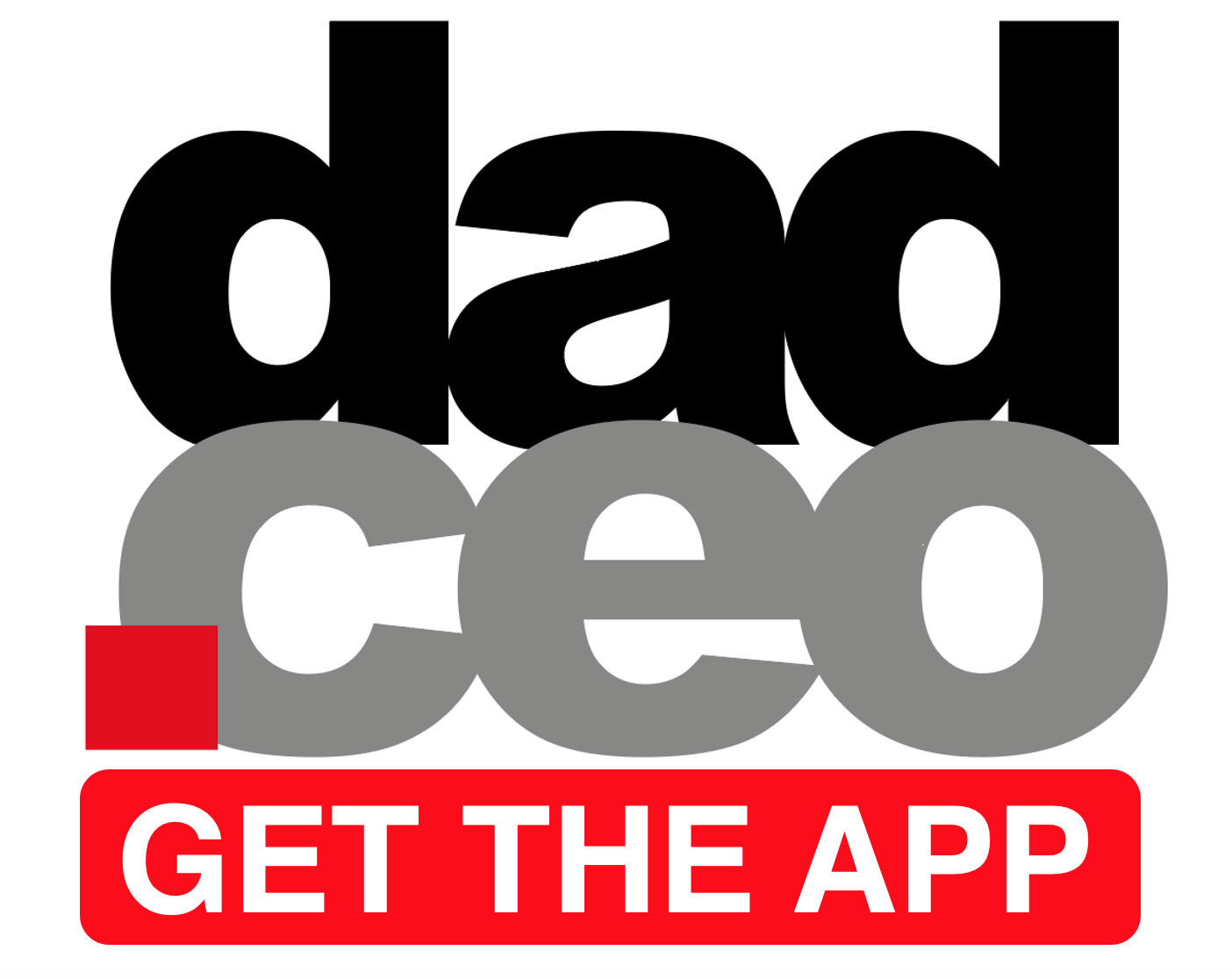Kids often use slang terms & emojis to communicate with their peers. Rizz, bussin, Yolo, Fomo, ttyl, omg, mew, etc. are some of the popular slang terms among kids you need to know in order to help stay connected and stay in the loop to your kids on their terms of expressions which are common place in todays youth language. As parents, we often find ourselves perplexed by the rapidly changing language of our children. From toddlers’ adorable phrases to teenagers’ trendy slang and emoji usage, each age group speaks its own version of “kid talk”. Keeping up can feel like a full-time job, especially in the age of social media, where new slang and expressions emerge almost daily. In 2024, understanding how kids communicate is not just about decoding words but staying in tune with the culture and emotions behind them.
In this guide, we’ll explore the most up-to-date common slang words, phrases, and expressions kids use in 2024, categorized by age group. This will help parents not only understand what their children are saying but also better connect and decode the latest phrases with them at every stage of their development.
THE IMPORTANCE TO UNDERSTANDING KID SLANG
HOW TO UNDERSTAND KIDS' SLANG IN 2024
2024 teen slang is more than just words that parents need to know and understand—it's a bridge to connection. As a parent, understanding your child’s evolving language helps foster communication, empathy, and trust. A 2022 study by the Child Development Institute found that parents who actively engage with their child’s language and expressions report stronger relationships with their children, leading to better emotional and social development.
But decoding kid talk can be tricky, especially as children grow older and their communication styles change and not to mention the influence on online content, social media posts and excessive screen time. From the playful phrases of a preschooler to the cryptic abbreviations of a teen, each stage of development brings new linguistic challenges.
HOW TO DECODE TODDLER TALK
AGES 2-5: Early Childhood Language Development
During the toddler and preschool years, kids are just starting to develop their communication skills. At this stage, their language is a mix of adorable mispronunciations, made-up new words, and simple sentences that may require some parental decoding. Understanding your little one’s unique “kid talk” is important for parents as it helps you support their early learning.
GUIDE TO TODDLER TALK:
“Boo-boo” – A minor injury or scrape.
“Baba” – A bottle, milk, or sometimes a baby’s pacifier can also be used as a metaphor in discussions about childhood.
“Potty” – Refers to the toilet or needing to use the bathroom.
“No-no” – A word toddlers use to express boundaries or when they know something is not allowed can also be used to describe their understanding of rules.
WHY IT MATTERS
Parents should encourage toddlers to use words that help them express emotions and basic needs. According to the National Institute of Child Health and Human Development, children aged 2-5 learn language through repetition, play, and simple conversations. Being patient and repeating words correctly helps toddlers pick up language faster.
[post_1]
FAQ FOR AGES 2-5:
Q: Why does my toddler keep saying the same word over and over?
A: Repetition helps children understand and remember words. This phase is essential for building vocabulary.
Q: How can I encourage my child to talk more clearly?
A: Speak slowly and use simple sentences. Repeat what they say correctly without criticizing their mistakes.
UNDERSTANDING PLAYFUL LANGUAGE AND JOKES FOR 6-10 YEARS OLDS
AGES 6-10: Playful, Literal, and Imaginative Language
As kids enter school, their language skills rapidly evolve. They begin using language in more creative ways, often influenced by their interactions with peers, teachers, and media. At this age, kids love storytelling, jokes, and playing with words.
COMMON WORDS AND PHRASES:
“Cool beans” – Something awesome or exciting.
“Besties” – Refers to close friends.
“Epic fail” – A way to describe a significant mistake or something that went wrong is often referred to as a
“Easy peasy lemon squeezy” is a fun phrase kids use to describe something that is very easy to do. – A playful phrase meaning something is easy to do.
WHY IT MATTERS
Kids in this age group enjoy wordplay and humor, which helps them connect socially with their peers. Understanding these playful expressions helps parents stay connected and encourages conversations about friendships and social interactions. A 2019 study by The American Academy of Pediatrics emphasized the importance of language development in fostering social skills and emotional intelligence.
[post_0]
FAQ FOR AGES 6-10:
Q: Why does my child say “epic fail” so much?
A: Kids at this age love exaggeration and playful language. It's a way for them to express humor and creativity.
Q: How can I make sure my child is using age-appropriate language?
A: Keep an eye on what they watch and listen to, as media has a significant influence on their vocabulary.
2024 GUIDE TO UNDERSTANDING TWEEN AND PRE-TEEN SLANG
AGES 11-14: Pre-Teens and Tweens Talk
The pre-teen years mark the beginning of more sophisticated language use in middle school slang. Kids at this stage start experimenting with slang influenced by their social circles, online gaming communities, and the internet. Keeping up with this slang is key for parents who want to stay involved in their children’s lives.
COMMON WORD AND PHRASES
“Sus” – Short for “suspicious,” often used when someone is acting shady.
“Bet” – A word used to express agreement or understanding, like saying "okay" or "for sure."
“Yeet” – A term used when throwing something with force, or as an expression of excitement.
“Fam” – A casual way to refer to close friends, like family.
WHY IT MATTER: Tween and Teen Language Decoding
At this age, kids want to fit in with their peers and often use slang to assert independence. A 2020 survey by Common Sense Media found that 79% of kids aged 11-14 Kids use social media daily, where they pick up new phrases and slang words quickly. Parents can use these moments as opportunities to ask questions and understand what their kids are interested in.
FAQ FOR AGES 11-14:
Q: What does it mean when my kid says "bet" all the time?
A: "Bet" is a slang term used to show agreement or confirmation. It's the equivalent of saying "okay" or "cool."
Q: How do I know if my child is using slang inappropriately?
A: Open communication is key. Ask them what certain words mean and have conversations about respectful language use.
2024 GUIDE TO TEEN SLANMD AND TikTok TRENDS FOR PARENTS
AGES 15-18: Teenagers’ Slang and Social Expressions
By the time kids reach their teenage years, they are fully immersed in internet culture, social media, and peer influence. Teenagers are notorious for using slang that changes quickly, often tied to trends on platforms like TikTok, Instagram, and YouTube which are popular with gen alpha.
COMMING WORDS AND PHRASES:
“No cap” – Means “no lie” or “I’m telling the truth.”
“Flex” – To show off or brag about something.
“Mood” – Used when something perfectly describes how they’re feeling at the moment.
“Rizz” – Short for charisma; often refers to someone’s ability to attract others romantically.
“Slay” – Term often used by kids to describe someone who is excelling or doing exceptionally well. – To do something extremely well, often used to compliment someone’s style or performance, can also be described as
WHY IT MATTERS
Teens use slang to create a sense of identity and community with their peers. A 2023 survey from Pew Research found that 90% of teenagers use slang regularly, with many of these phrases emerging from online trends. For parents, keeping up with teen slang can help bridge the gap between generations and offer insights into their child’s world.
FAQ FOR AGES 15-18:
Q: What does “no cap” mean, and why do teens use it so often?
A: "No cap" is slang for "no lie" and is often used to emphasize honesty or authenticity in conversation.
Q: How can I learn my teenager’s slang without sounding out of touch? Engaging with their language and using some popular acronyms can help.
A: It’s okay not to know everything; even Gen Z learns new things every day. Ask your teen to explain the meaning behind words or phrases, and show genuine interest without forcing it into your own conversations.
[post_2]
SPEAKING THEIR LANGUAGE, BUILDING CONNECTIONS
Understanding your child’s language, from the playful words of a toddler to the evolving slang of a teenager, is essential for building strong connections. Language is how kids communicate their thoughts, feelings, and social identities. By staying informed and open to learning, parents can bridge the communication gap, creating a more supportive and understanding relationship.
PARENTING TIPS FOR CONQUERING KID SLANG
Remember, the goal isn’t to speak like your child, but to understand them. Be curious, ask questions, and use these moments to show that you’re engaged in their world. Parenting in 2024 means not just being aware of your child’s words but also the context and culture that shape them. With the right approach, you’ll find that learning to decode kid talk can lead to more meaningful conversations and a closer relationship with your child.














